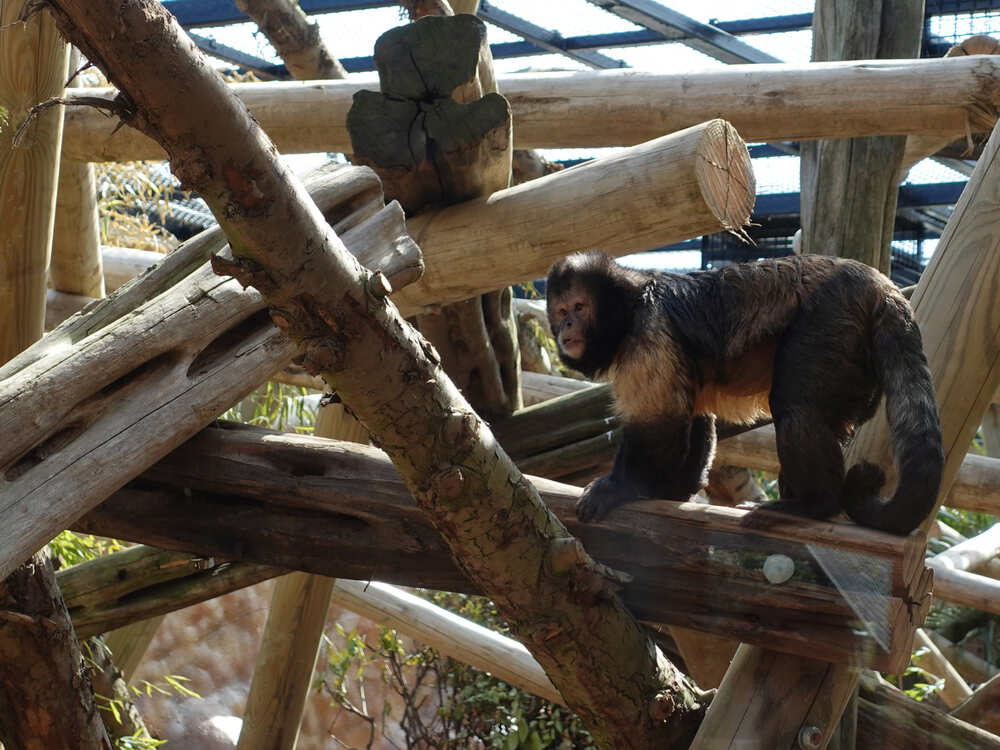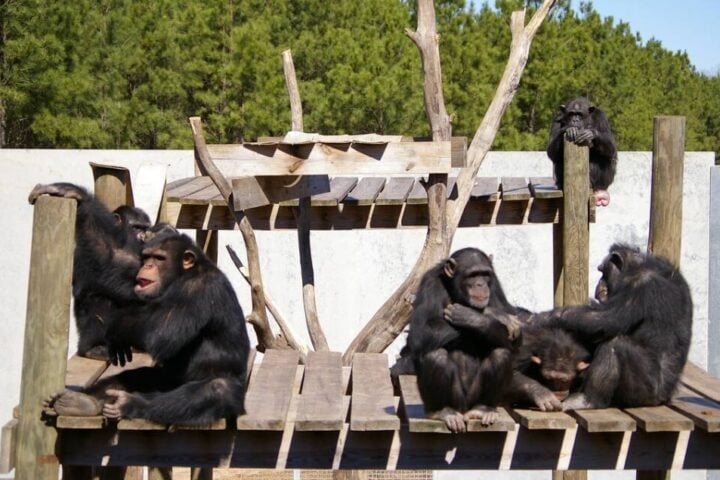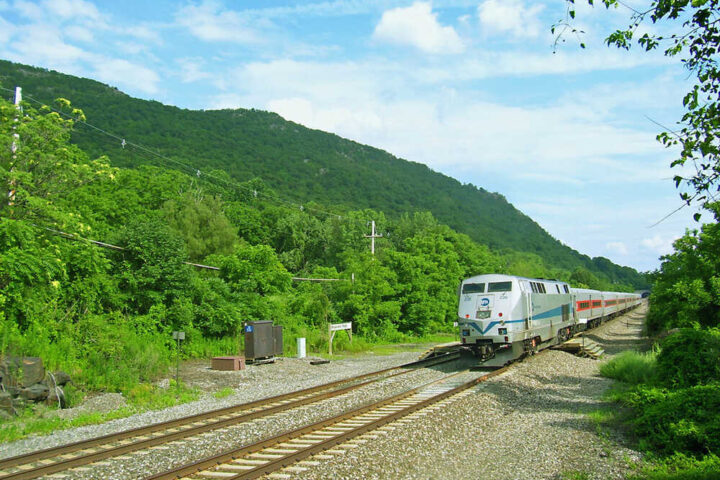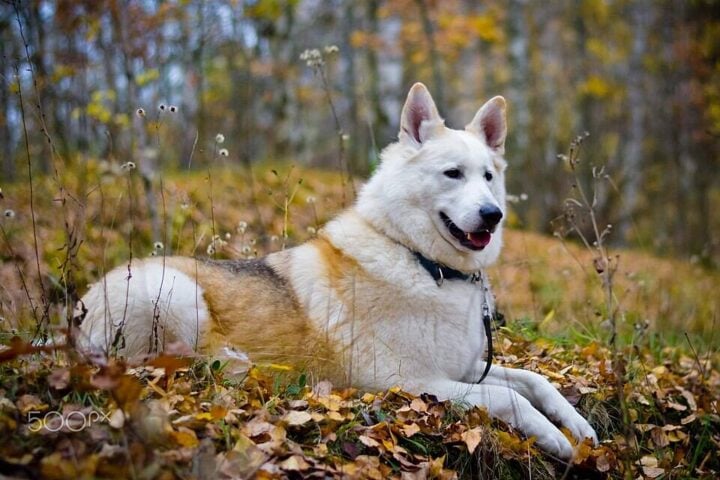Colchester Zoo has completed a major renovation of its monkey habitat. The “Capuchin Climb,” which opened April 8, now houses the zoo’s buff-headed capuchins in a space that’s both larger and better designed for these rare primates.
The capuchins, which face extinction in the wild, moved into their new home on Tuesday, April 8. Zoo staff report they immediately began exploring their expanded surroundings.
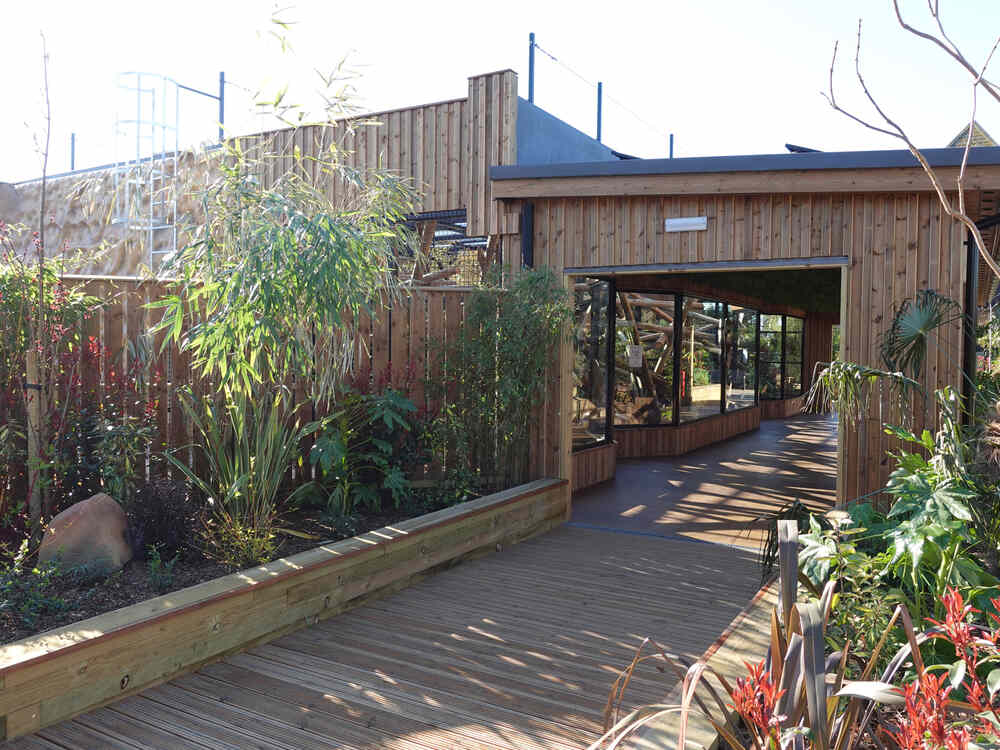
“This redevelopment has given them further outdoor space and a more comfortable indoor area,” said Chris Elsey, Maintenance Manager at Colchester Zoo. “It includes many items to help our Animal Care Team keep these curious creatures stimulated.”
The renovation combined previously separate front and rear sections of one of the zoo’s oldest enclosures. This gives the monkeys more room to move naturally both indoors and outdoors.
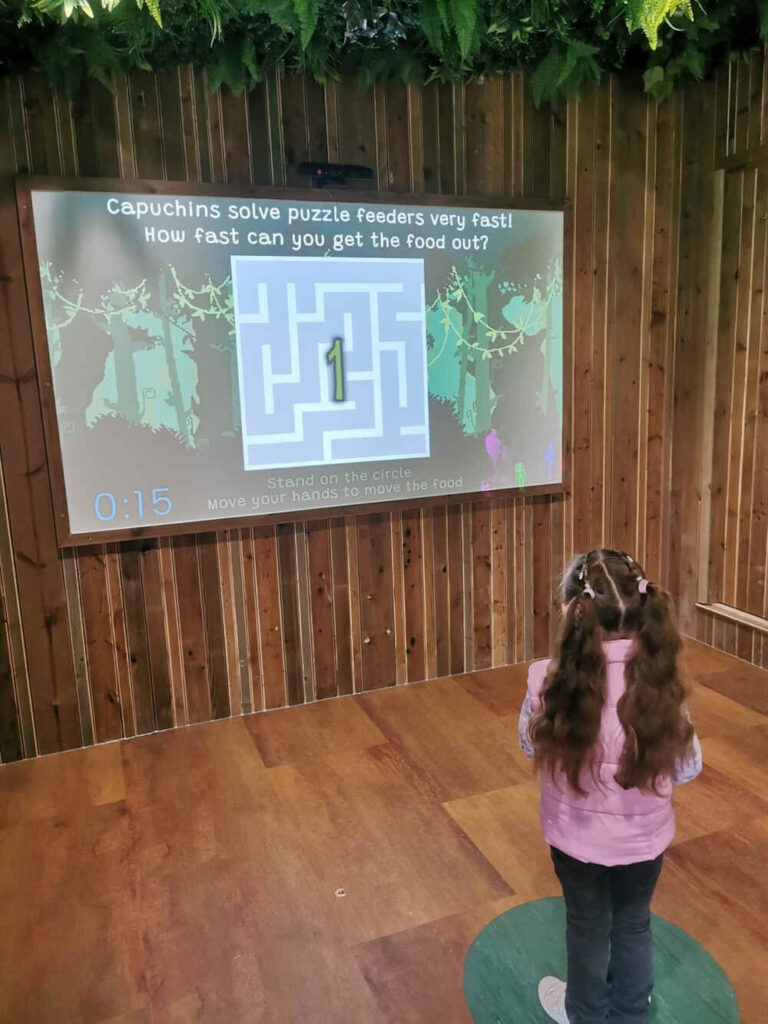
The buff-headed capuchin’s status as Critically Endangered makes this habitat improvement particularly important. In South America, where these monkeys come from, their numbers continue to drop due to forest loss.
Similar Posts
Visitors will notice the habitat improvements immediately upon entering the zoo. The enclosure now features:
- More natural elements, including bamboo and various plants that provide cover
- Multiple climbing beams that create sunny spots for the monkeys
- Better viewing areas for visitors
- A special training area where the public can watch health checks
- Interactive features like a climbing wall and electronic maze game
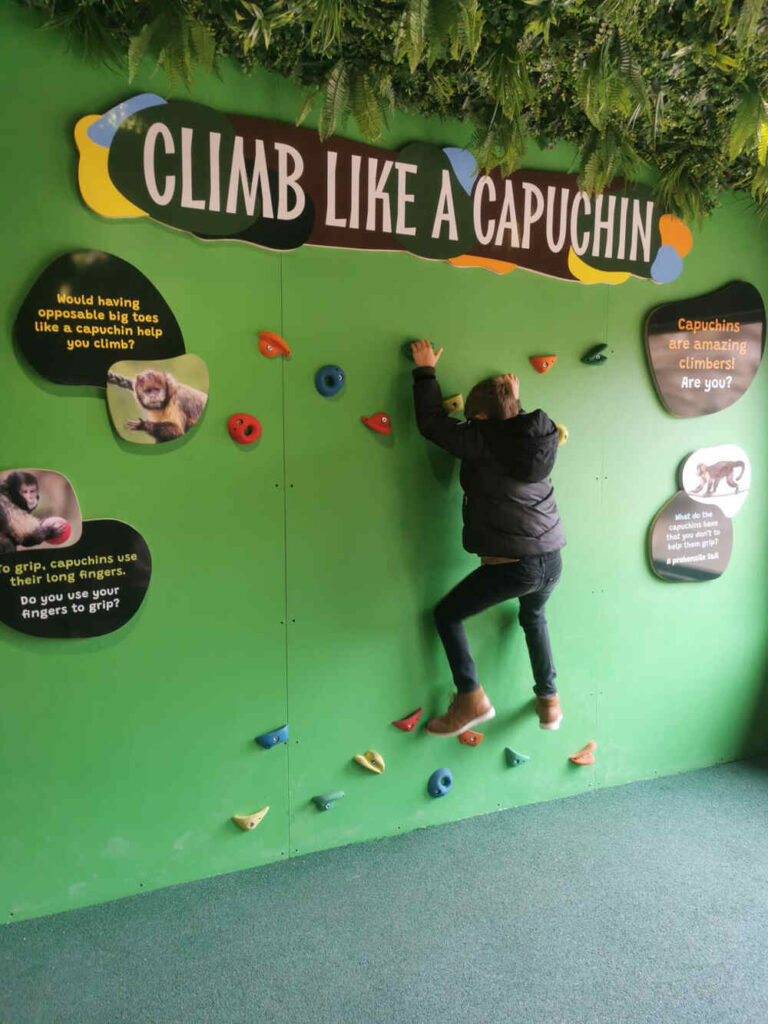
“There are many new features in our Capuchin Climb habitat,” said Lucas Atkinson, Primate Team Leader. “The plants have multiple purposes to help increase the welfare of the capuchins by providing natural cover and encouraging foraging behaviors.”

The zoo also made the habitat more environmentally friendly. Solar panels now power this area and neighboring exhibits. An air-source heat pump provides more efficient heating in winter. Better insulation and double-glazed windows keep heat inside the building.
Colchester Zoo became a charitable trust in February 2025. This renovation reflects their strengthened commitment to wildlife conservation. The zoo hopes visitors who see the capuchins will better understand why protecting endangered species matters.
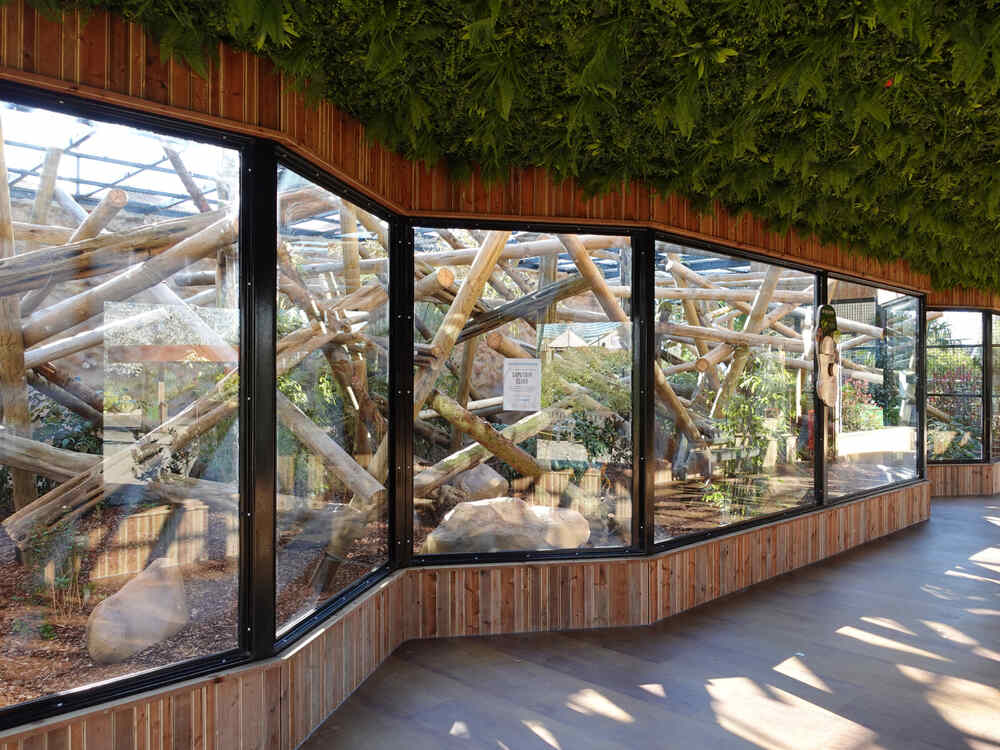
Every zoo visit helps fund both ongoing improvements and worldwide conservation projects. Whether through ticket purchases, animal adoptions, or donations, visitors directly support efforts to protect wildlife and their habitats.
